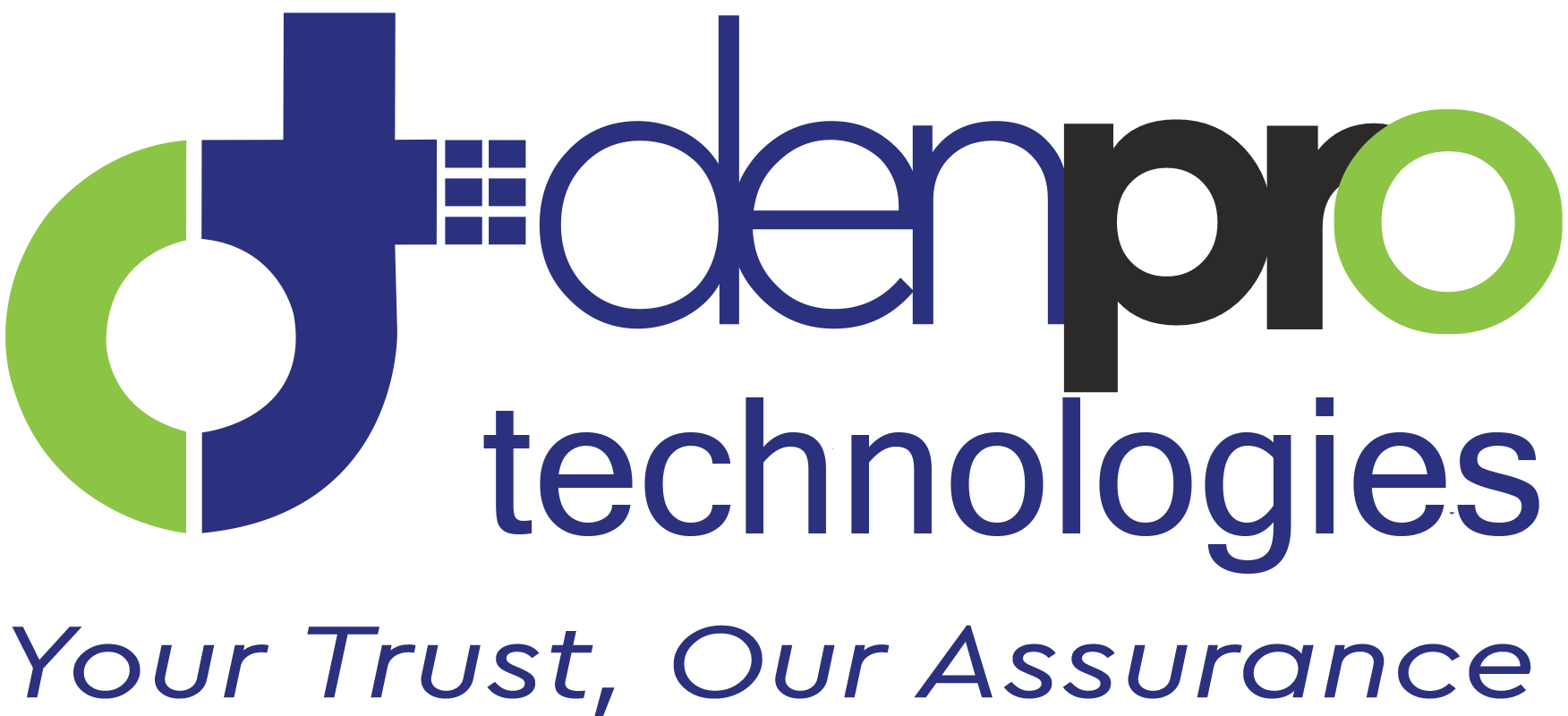RISE WITH SAP S4/HANA PUBLIC vs PRIVATE CLOUD
Current technological developments have seen growth in cloud computing over the past few years. Applications, platforms, data storage, operating systems, and other computing resources are delivered via the Internet as part of cloud computing.
Why should I utilize the cloud?
You can simply access your system from any device and from anywhere, and new technologies may be incorporated to innovate more quickly while simplifying Its job. It also allows you the flexibility to scale up or down quickly to meet changing workload requirements.
Why is SAP embracing cloud computing?
Since its inception, SAP has consistently strived to provide its clients with the highest quality service through innovation and technological advancements so that they can experience the

Public Cloud: –The public, multi-tenant edition of S/4HANA Cloud is a full-featured ERP system with a public cloud infrastructure run by SAP. It is intended for brand-new clients that are prepared for a clean slate approach and wish to launch their S/4HANA project in the cloud. Additionally, it’s a well-liked option for smaller divisions of larger corporations that use SAP on-premise systems, as well as for any company looking to scale swiftly with a comprehensive subscription-based solution.
Private cloud: –The private edition of S/4HANA provides a specific cloud infrastructure run by SAP. This version is hosted by SAP or a hyper-scale that SAP has authorized (Google Cloud, Microsoft Azure, or AWS). The private cloud version of S/4HANA is an option for businesses that need to convert their systems or migrate only some of their data. If your company needs a lot of customization, this is the superior choice.
Difference between SAP S4 Hana Public cloud & private cloud
| Public cloud | Private cloud |
| Services are provided to clients via a network that is accessible to the whole public while using the public cloud. | Private versions are single-tenant environments where our services are provided in a special setting by the supplier. |
| Public clouds are effective and inexpensive, and they are frequently multi-tenant, which means that the service provider manages your account in a communal setting. | Services are kept up-to-date on the private cloud on a private network that is firewalled. |
| Stable | It depends on the degree and nature of the deviation from accepted best practices. |
| Greatest ROI and Lowest TCO | significantly greater TCO |
| The SaaS solution’s default infrastructure provider is SAP: Cloud SAP S/4HANA | S/4HANA is implemented on the customer’s preferred infrastructure provider. |
| A full-featured contemporary SaaS ERP system is SAP S/4HANA Cloud. SAP SuccessFactors, SAP Fieldglass, SAP Concur, and SAP Ariba are more examples of SAP SaaS solutions. | This is not a SaaS item made by SAP. |
Hybrid Cloud:- A hybrid cloud includes both cloud and on-premise solutions, often from multiple providers. Most customers will have a diverse landscape consisting of a combination of different solutions that need to be integrated. Customers can leverage the SAP Business Technology Platform to develop and host cloud-native integrations and applications to connect their solutions.
